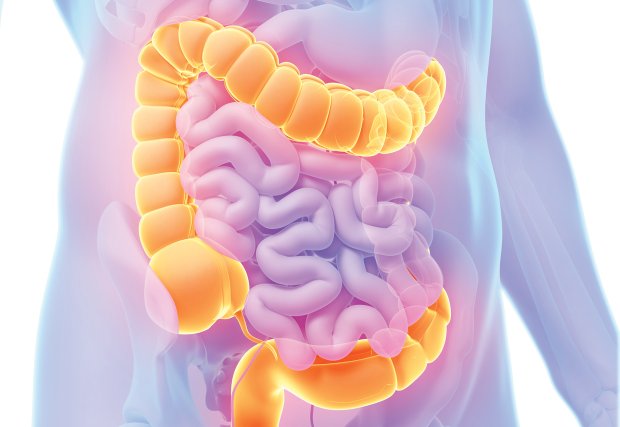When it comes to colon cancer, what you don't know can hurt you.
Many colorectal cancers start as noncancerous growths called polyps. Screening for polyps and removing them is key to catching colon cancer early and can even play a role in preventing it altogether. Take action to help prevent the third most common cause of cancer in the United States* and get the details on how early detection can make all the difference.
When to Get Screened
Regular screening for colorectal cancer should begin at age 50**. Some people are at higher risk because they have a family history of colorectal polyps or health conditions such as inflammatory bowel disease. If you believe you are at increased risk, check with your doctor about beginning earlier or being screened more frequently.
Find a doctor online or call Fort Duncan Regional Medical Center 866-341-3362.
Which Screening Option is Best for You? Your Doctor Will Know!
National guidelines*** for colorectal cancer screening include several options:
Colonoscopy: Your doctor uses a long, thin, flexible, lighted tube to check for polyps or cancer inside the rectum and the entire colon. During the test, the doctor can find and remove most polyps and some cancers. A colonoscopy is also used as a follow-up test if something unusual is found during one of the other screening tests.
Flexible Sigmoidoscopy: In this test, the doctor checks for polyps or cancer inside the rectum and lower third of the colon using a thin, flexible, lighted tube.
Stool Tests: At home, you obtain a small amount of stool or an entire bowel movement (depending on the type of stool test being conducted). You return the test kit to the doctor or a lab, where the stool samples are checked for the presence of blood or altered DNA.
CT Colonography (Virtual Colonoscopy): This screening uses X-rays and computers to produce images of the entire colon, which are displayed on a computer screen for the doctor to analyze.
Signs and Symptoms
If you have any of the following, see your doctor:
- Blood in your stool
- Stomach pain, aches or cramps that don’t go away
- Unexplained weight loss
*U.S. Department of Health and Human Services
**U.S. Preventive Services Task Force
***Centers for Disease Control and Prevention

